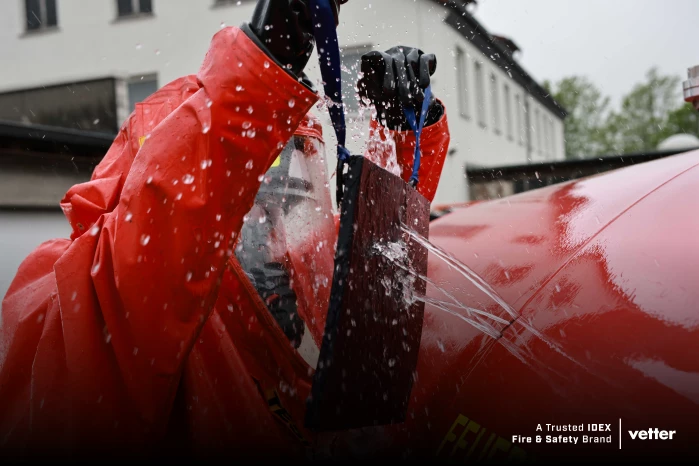The Chairman of the National Transportation Board in the US has argued that Federal regulators should use emergency powers to make the transporation of crude oil and ethanol by rail safer in the future.
"They don’t need a higher body count in order for the regulators to move forward," Deborah Hersman said of Transportation Department officials. She made her comments at the conclusion of a two-day forum on safety issues involving rail transportation of crude oil and ethanol.
The use of unit trains carrying up to 100 tanker cars of crude oil or ethanol is a relatively new phenomenon that risks catastrophic events such as the July 2013 accident in Quebec that caused 47 deaths and the evacuation of more than 2,000 people.
The engineer on that crude oil train failed to properly secure it on an incline when it was parked overnight. The train rolled into the community of in Lac-Megantic, derailing at a speed of 64 mph.
The accident was the worst of 16 significant freight rail accidents since 2006. Nine involved crude oil and seven involved ethanol.
Hersman urged federal rail regulators to follow the lead of Transport Canada, which announced Wednesday it will phase out older DOT-111 series tanker cars in Canada over the next three years unless they’re retrofitted.
In addition, Transport Canada announced that Emergency Response Assistance Plans will be required for trains that have even one tank car loaded with a flammable substance such as crude oil, gasoline, diesel, aviation fuel, or ethanol.








